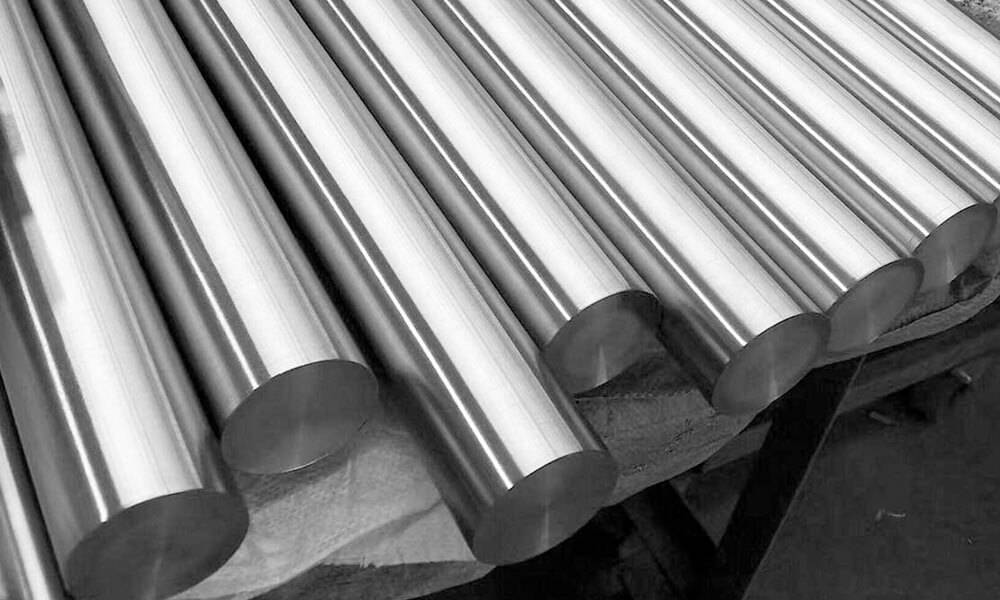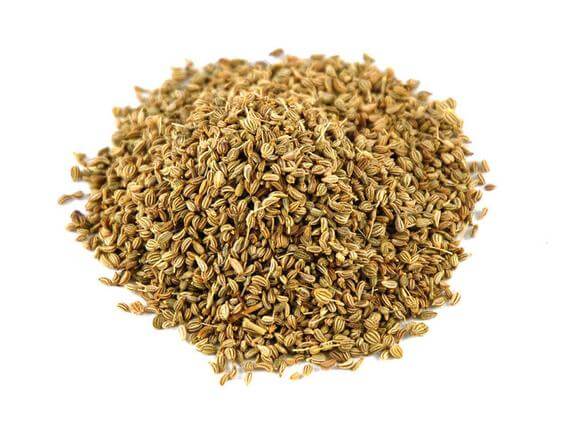A Complete Guide to Stainless Steel Round Bars
Stainless steel round bars are vital components across many industries. They are known for their strength, versatility, and corrosion resistance. Among the various grades available, the 316 stainless steel round bar stands out for its excellent properties. This comprehensive guide delves into the features, applications, benefits, and considerations when using 316 stainless steel round bars.
What is Stainless Steel 316?
Stainless Steel 316 is an austenitic stainless steel known for its superior corrosion resistance, particularly in chloride environments. It contains a higher percentage of nickel and molybdenum than other stainless steel grades, which enhances its durability and makes it suitable for various applications, especially in marine and chemical processing environments. The Stainless Steel 316 round bar is widely used due to its excellent mechanical properties and pitting and crevice corrosion resistance.
Key Properties of Stainless Steel 316 Round Bar
Exceptional Corrosion Resistance
One of the standout features of the Stainless Steel 316 round bar is its exceptional corrosion resistance. The presence of molybdenum allows this grade to withstand harsh environments, including exposure to saltwater and corrosive chemicals. Industries such as marine, pharmaceutical, and food processing benefit significantly from this property, ensuring long-lasting performance in demanding conditions.
High Strength and Toughness
Stainless Steel 316 round bars exhibit high tensile strength and toughness, making them ideal for applications that require materials to withstand significant stress. This grade’s mechanical properties ensure that components made from it maintain structural integrity under heavy loads and extreme conditions.
Excellent Weldability
Weldability is another essential characteristic of the SS 316 round bar. This grade can easily be welded without sacrificing its corrosion resistance. The material performs well in various welding processes, making it a popular choice for manufacturers creating complex assemblies and structures.
Good Formability
Stainless Steel 316 round bars offer good formability, enabling manufacturers to produce various shapes and components tailored to specific applications. This versatility benefits industries that require custom solutions, allowing engineers to design parts that meet precise requirements.
Common Applications of Stainless Steel 316 Round Bar
Marine Industry
The marine industry frequently uses Stainless Steel 316 round bars due to their excellent resistance to saltwater corrosion. These bars are commonly found in boat fittings, marine hardware, and various components in ships and offshore structures. The ability to withstand harsh marine environments makes them essential for ensuring safety and longevity in marine applications.
Chemical Processing
Chemical processing facilities rely heavily on 316 Stainless Steel round bars for equipment that must endure exposure to aggressive chemicals. This grade’s resistance to pitting and crevice corrosion makes it suitable for piping, valves, and reactors, where reliability and durability are paramount.
Food and Beverage Industry
The hygienic properties of stainless steel 316 round bars are crucial in the food and beverage industry. Manufacturers use this grade for food processing equipment, storage tanks, and transportation systems. The material’s resistance to corrosion and ease of cleaning ensure compliance with health and safety regulations.
Pharmaceutical Industry
The pharmaceutical industry demands high standards for materials used in production. Stainless Steel 316 round bars meet these requirements, providing a non-reactive surface that prevents contamination. These bars can be used in various applications, from processing equipment to laboratory instruments.
Architecture and Construction
Architects and builders often choose Stainless Steel 316 round bars for structural and decorative elements in buildings. The material’s strength, durability, and aesthetic appeal make it suitable for handrails, balustrades, and façade systems. Additionally, its corrosion resistance ensures that architectural features maintain their appearance over time.
Advantages of Using Stainless Steel 316 Round Bar
Cost-Effectiveness
While the initial cost of Stainless Steel 316 round bars may be higher than that of carbon steel or other materials, their longevity and low maintenance requirements result in significant long-term savings. The corrosion resistance and durability reduce repair and replacement costs, making this grade a wise investment for many industries.
Sustainability
Stainless Steel 316 round bars align with sustainability efforts due to their recyclability. Manufacturers can recycle scrap material, minimizing waste and reducing environmental impact. This eco-friendly aspect contributes to responsible manufacturing practices and enhances a company’s reputation.
Aesthetic Appeal
The polished finish of Stainless Steel 316 round bars provides a modern, attractive appearance, making them suitable for visible components in architectural and decorative applications. The material maintains its aesthetic qualities over time, requiring minimal upkeep to preserve its appearance.
Customization Options
Manufacturers can produce Stainless Steel round bars in various sizes and specifications, allowing customization to meet specific project requirements. This flexibility enables engineers to design components that fit precisely within their applications, enhancing overall performance and efficiency.
Considerations When Using Stainless Steel 316 Round Bar
Price Variability
While Stainless Steel 316 round bars offer numerous benefits, their price can vary based on market conditions, alloy composition, and supplier. Companies should conduct thorough market research to ensure they obtain the best value for their investment.
Availability
The availability of Stainless Steel 316 round bars may fluctuate depending on location and demand. Companies should establish relationships with reliable suppliers to ensure a consistent supply of materials for their projects.
Compatibility with Other Materials
Compatibility must be considered when using Stainless Steel 316 round bars in conjunction with other materials. If not properly addressed, using dissimilar metals can lead to galvanic corrosion. Engineers should select appropriate joining techniques and coatings to mitigate this risk.
By understanding the properties, applications, and benefits of Stainless Steel 316 round bars, industries can make informed decisions when selecting materials for their projects. These round bars provide reliable performance across various demanding applications, making them a preferred choice in the market.














Post Comment